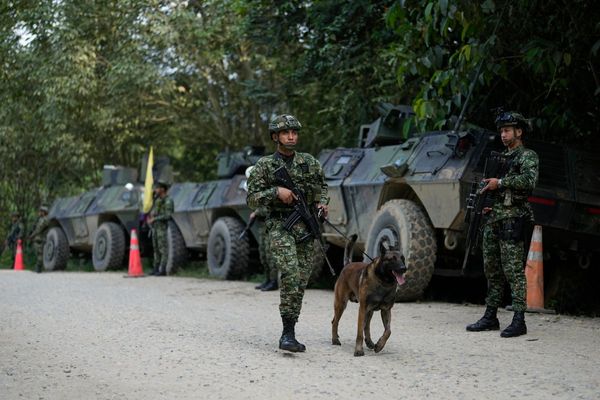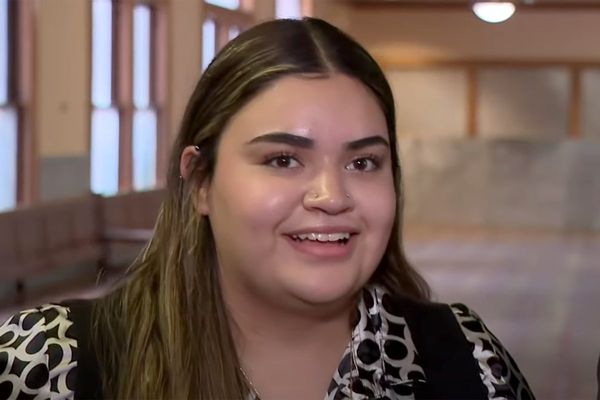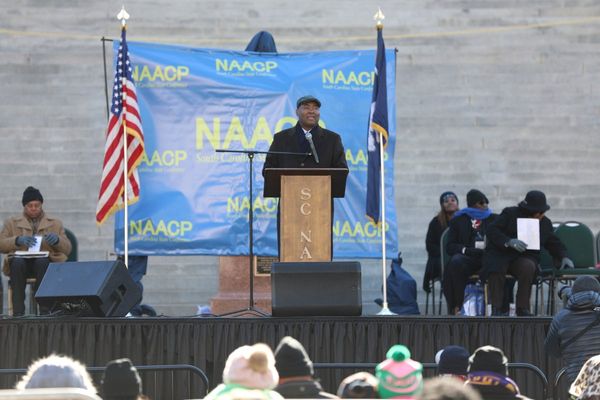
As usual, there’s plenty of action in Australia’s notorious gambling industry, the only constant being the ongoing growth in its revenue. That’s likely to hit a record $25 billion in calendar 2022 now all the COVID restrictions are out of the way.
And while the AFL was gloating about its record $4.5 billion seven-year TV rights deal with Foxtel and Seven yesterday, it failed to point out that much of the value is underpinned by a growing avalanche of gambling advertising.
Flutter Entertainment, the Dublin-based parent company of the AFL’s “official gambling partner” Sportsbet, released its first-quarter result last month, which showed its share of Australia’s sports gambling market grew from 16% in 2015 to 43% in the first half of 2021.
It also boasts that “more than one in four Australians aged 18-34 have a Sportsbet account” and that it has 993,000 regular monthly users in Australia who lost a record $428 million in the latest quarter.
There is a chance that by the end of 2022, more than 1 million Australians will have lost more than $2 billion in a calendar year to a single foreign online bookmaker with no retail presence in Australia.
At least the new state-based point of consumption taxes cost Sportsbet more than $100 million a year, but it is ridiculous that it still pays sod-all tax to the Northern Territory government, which dishes out licences to foreign bookmakers like confetti.
Then you have the pathetic federal Australian Communications and Media Authority (ACMA) regulations, which effectively allow Sportsbet and its largely foreign competitors to advertise on radio and television around the clock — unlike for either the liquor, pokies or tobacco industries.
It would be interesting to know what the contractual fine print in the AFL rights deal says in terms of who wears the risk if the Albanese government grows a spine and delivers a legislative crackdown on gambling advertising.
Meanwhile, down in Victoria, the new 20-year pub and club pokies licences were finally issued on August 16, meaning that almost $1 billion in outstanding licence fees became payable to the cash-strapped Victorian government. It’s a case of pay up or pay interest from now on.
A number of clubs, including some RSLs, recently wrote to the Victorian government seeking relief from the obligation to pay up, but Dan Andrews, a former gaming minister turned premier, is insisting they honour their obligations to remain in what is effectively a joint venture of state-sponsored abuse.
With 200,000 of the world’s poker machines spread across 5000 venues draining $14 billion a year from gamblers, what Australia needs is a national “pokies buyback”, ideally funded by the less-conflicted federal government which is not dependent on pokies tax revenue. This buyback should initially be voluntary like the useful pokies buyback schemes rolled out by the past two Greens-Labor coalition governments in the ACT.
Naturally the gambling industry plays hard to protect its position and has invested heavily in politicians over the years. Indeed former Victorian Labor planning minister Justin Madden has just popped up as CEO of Responsible Wagering Australia (RWA), the peak body for Australian-licenced offshore bookmakers such as Ladbrokes, Sportsbet and Bet365.
His predecessor was former Labor communications minister turned paid Sky News commentator Stephen Conroy. The non-executive chair of RWA is former Coalition senator and Howard-era minister Nick Minchin, who succeeded the lamentable Tasmanian Liberal Senator Richard Colbeck in 2018 when he returned to federal Parliament. The foreign bookies are clearly playing a bipartisan game to fend off proper gambling regulation from either side of the aisle.
It is truly disappointing that such a toxic industry has persuaded so many Coalition and Labor politicians across the country to support them through weak laws and even weaker gambling regulators.
For instance, after all that has happened to Crown Resorts in Melbourne, Sydney and Perth, why has the Queensland government been so slow to tackle its gambling industry? Queensland has the world’s second-highest per capita gambling losses after any non-destination gambling jurisdiction. Only NSW is worse.
The late great Queensland premier Wayne Goss described legalising club and pub pokies in the 1990s as his biggest regret. What would he make of the current mess that has seen Computershare founder and billionaire Chris Morris — a Templestowe High boy whose family grew up in the federal seat of Menzies — come under searing criticism for the practices at his Townsville casino, as casino giant killer Nick McKenzie detailed recently on 60 Minutes.
The Queensland authorities are under intense pressure to broaden their inquiry beyond Star Entertainment, which was separately done over by the ABC investigative unit on 7.30 recently over its colourful joint venture partners on the enormous Queens Wharf casino development in Brisbane.
As Crikey has noted before, when you look back at the key decisions that made Australians the world’s biggest gamblers in per capita terms, it was various Labor governments that deserve most of the blame.
Which raises the question: when will the likes of Communications Minister Michelle Rowland and premiers such as Daniel Andrews and Annastacia Palaszczuk step up to the plate and do something serious to address this national embarrassment?







